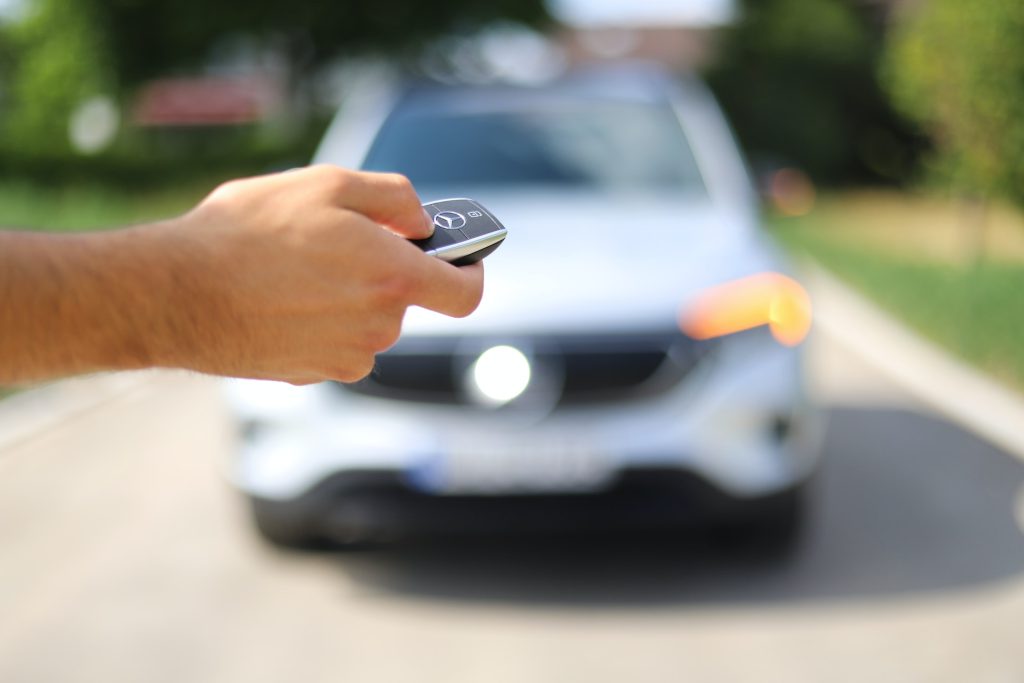Renewing your driving licence at 70

Collaborative Post
Driving helps to maintain a sense of independence as you get older. However, you need to be sure that you’re safe behind the wheel to continue. It’s not just for your benefit but for the safety of other road users and pedestrians.
Getting ready to renew your licence can be a daunting time after so long in the driver’s seat. In this article, we’ll provide some insight into the process and try to ease any concerns you may have.
Why do you need to renew your driving licence at 70?
All standard driving licences in the UK expire when you reach 70 years old. After this, it’s a legal requirement to get yours renewed every 3 years.
These laws are in place to ensure that you’re still fit to drive and won’t be a danger to yourself and other road users. If you have no medical conditions that could affect your driving, you shouldn’t need to worry about getting your licence renewed.
Do I need to take another driving test at 70?
Luckily, you won’t have to sit your practical driving test again! You should receive an application form from the DVLA, which you can fill in and return.
In the form, you’ll be asked about your health and eyesight, among other questions. You’ll need to declare that you meet the minimum eyesight standard for driving, which is being able to read a registration plate from 20 metres away. Your field of vision and general optical health should also be above the required levels.
Any problems with eyesight or your overall health that may impact your ability to drive must be declared to the DVLA. You may still be able to drive, but it’s best to declare it rather than not. They may ask you to complete a medical assessment in some cases. Some of the health conditions you should tell the DVLA about include:
- Parkinson’s disease
- Physical disabilities
- Visual impairments
- Dementia
- Diabetes
- Sleep apnoea
- Heart conditions
Tips for Older Drivers
Taking to the road can become more challenging as you get older, so here are a few ways to maintain your driving confidence:
- Maintain your vehicle: You’re only as safe as the vehicle you’re driving, so be sure to keep on top of maintenance and repairs. If you’re leasing a vehicle, added protection such as contract hire gap insurance can help to give you peace of mind should you get into an accident.
- Keep driving: Going long periods without driving can make you less comfortable and confident behind the wheel. Try to drive a few times a week so you can maintain your assurance behind the wheel.
- Make any necessary adaptations: Being able to observe the spaces around your vehicle is critical at all times, so you may need to adapt your car to help this. You may need a higher driving position or help getting in and out of the vehicle.
Photo by Matthias Münning on Unsplash

